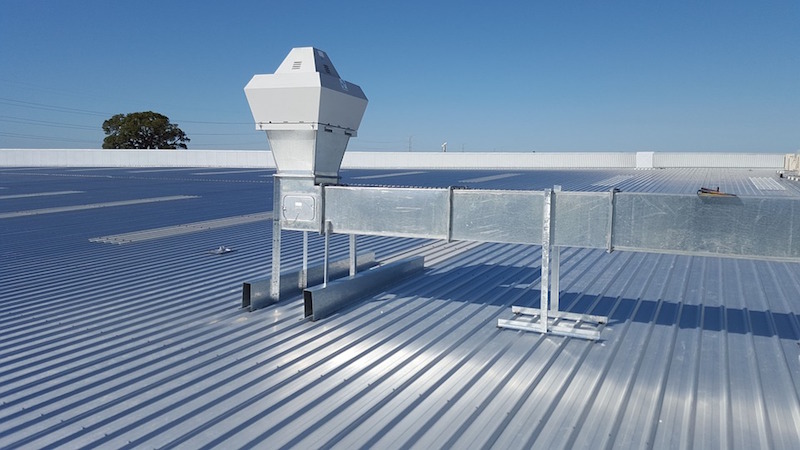A group of commercial manufacturers supported by International Association of Plumbing and Mechanical Officials (IAPMO) and members of the Hydronics Industry Alliance, a Committee of the Radiant Professionals Alliance, have released BEST: The Building Efficiency System Tool.
Available free of charge, BEST allows users to accurately compare different styles of HVAC systems. HVAC systems are all tested to different standards, with various efficiency ratings (EER, IEER, SEER, COP, HSPF), as they are applied in an actual building.
BEST uses the Building Energy Efficiency Ratio (BEER), which takes certified AHRI data, manufacturers’ published performance data at multiple performance points, as-applied correction factors, performance curves for components, pipe and duct required in a typical system. It combines these elements to bridge the gap between certified equipment efficiencies and real-world building system efficiencies.
Users enter the square footage of the building, the number of stories, and the nearest city for local weather data, and then choose up to four types of HVAC systems to compare from more than 30 pre-loaded systems.
BEST features more than 100 default input settings, including system cost per square foot (provided by more than 50 contractors around the U.S.), each of which are adjustable to model any building in any location. BEST outputs estimated installation cost, replacement cost, maintenance cost, monthly energy cost, electrical and fossil fuel consumption costs, total life cycle cost, cumulative life cycle cost by year, system payback time (as compared with other modeled systems), pump and fan HP, system integrated energy efficiency ratio (IEER), coefficient of performance (COP), and more.
Related Stories
Codes and Standards | May 9, 2018
OSHA and state safety agencies write more than 100 silica citations in 6 months
Actions tending to come with investigation of other site conditions.
Codes and Standards | May 8, 2018
Powerhouse coalition builds energy positive buildings
The goal: build buildings that provide more power than they cost to build, run, and demolish.
Codes and Standards | May 7, 2018
Plan advances in Los Angeles for Climate Emergency Mobilization Department
Would oversee efforts to reduce greenhouse gas emissions across the city.
Codes and Standards | May 3, 2018
Data collection, machine learning boost building efficiency
Sensors, software algorithms squeeze out waste.
Codes and Standards | May 2, 2018
Energy Department releases Updated EnergyPlus and OpenStudio building energy modeling tools
The tools can now accept input in epJSON format.
Codes and Standards | May 1, 2018
ASHRAE publishes new energy simulation-aided design standard
Requires building energy modeling during schematic design.
Codes and Standards | Apr 30, 2018
CALGreen projects pre-approved for streamlined LEED v4 requirements
Reduces need to run additional energy models.
Codes and Standards | Apr 26, 2018
New standard supports community resilience
ASTM International guidance supports cost-effective ways to withstand and recover from disasters.
Codes and Standards | Apr 25, 2018
Lessons learned from decades of Superfund cleanups guide contaminated land reuse
Sites repurposed for residential, commercial use, and solar energy generation.
Codes and Standards | Apr 24, 2018
Vibrant downtown core the key for urban multifamily development
Nighttime activity makes the difference.

















